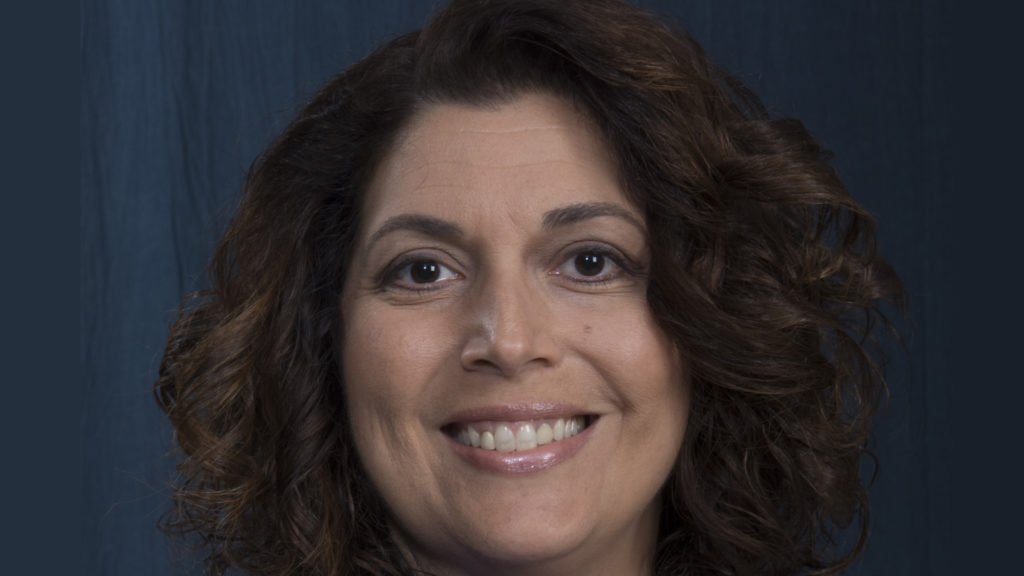MetroHealth tests digital credentials enlisting blockchain, digital wallets
MetroHealth System is pilot testing the use of digital credentials for physicians.

More for you
See AllLoading data for hdm_tax_topic #better-outcomes...
MetroHealth System is pilot testing the use of digital credentials for physicians.
